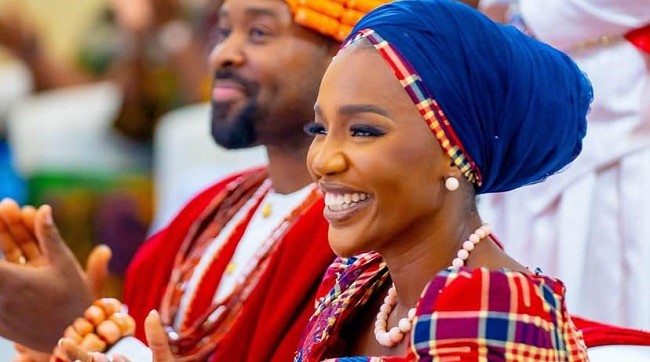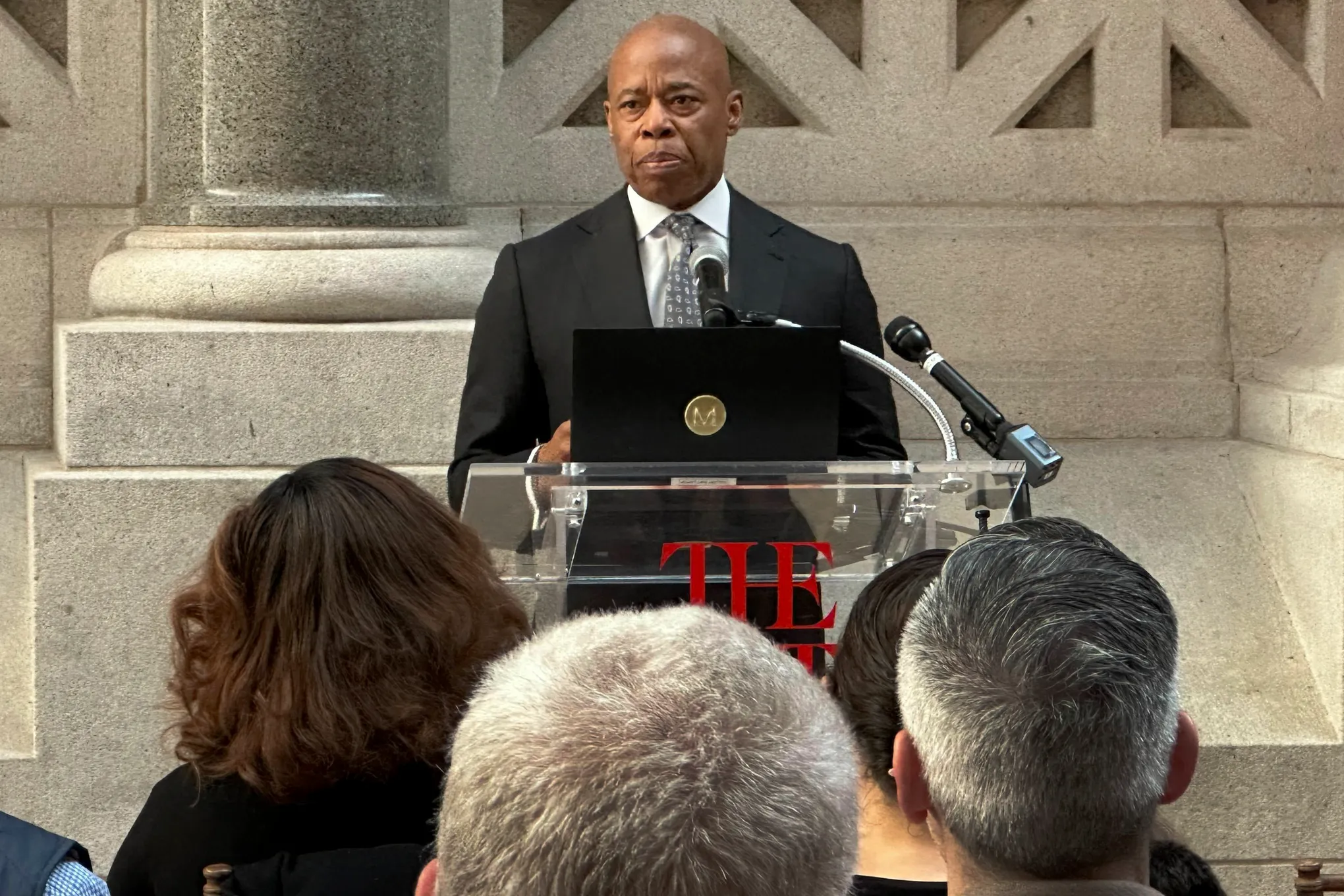Olori Atuwatse III, the Queen Consort of the Warri Kingdom, has been a vocal advocate for women's empowerment in Nigeria. With a legal background from the London School of Economics and entrepreneurial ventures in fashion and hospitality, she has demonstrated a commitment to fostering education, entrepreneurship, and healthcare within her community. Through initiatives like The Royal Iwere Foundation, she has launched programs such as the Teacher’s Training Programme and the Captain Idahosa Wells Okunbo STEM and Innovation Lab, aimed at providing education and skills training to underserved populations.
The Nigerian banking sector serves as a compelling example of how deliberate policies can enhance women's participation in leadership roles. In 2012, under the leadership of former Central Bank Governor Sanusi Lamido Sanusi, policies were introduced to increase female representation in banking leadership. By 2024, these efforts resulted in the appointment of nine female CEOs within the industry, showcasing the success of such initiatives. Sanusi emphasized that educating and empowering women is crucial for addressing broader societal challenges, including poverty and malnutrition.
Despite these advancements in the banking sector, women's representation in Nigerian politics remains limited. Hon. Edith Nwosu, a politician and women's rights advocate, has highlighted the underrepresentation of women in governance and policy-making sectors. She advocates for reserving specific political positions for women to ensure their active participation and contribution to national development.
The success of women in Nigeria's banking sector illustrates the potential for similar achievements in politics if systemic barriers are addressed and opportunities are provided. By implementing policies that promote gender inclusion and by creating an enabling environment, women can replicate their banking sector successes in the political arena, contributing significantly to the nation's growth and development.

.jpg)








